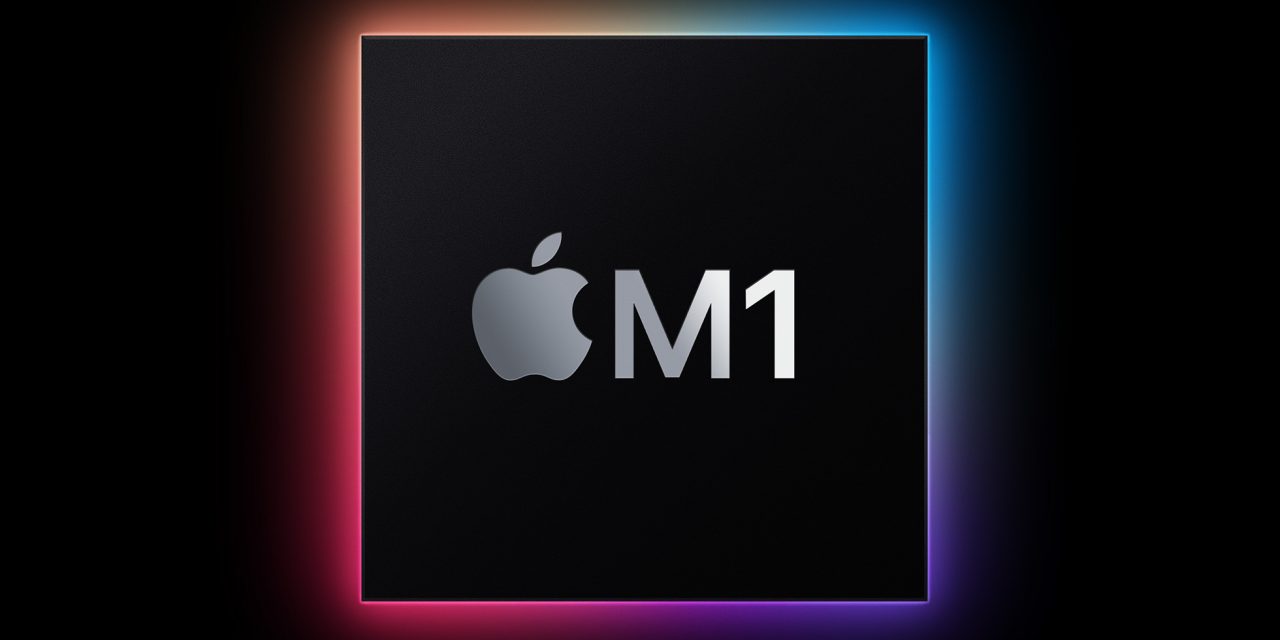Apple bowed out of 2020 with “one last thing”, a fairly innocuous name for what is a momentous moment in consumer technology.
Yes, Apple have all but cut their ties with Intel and are now manufacturing the chips for their Macbooks themselves. Following on from the success of it’s A series chips that power the iPhone, Apple have now taken the first steps to becoming all but an independent manufacturer of consumer electronics.
These events are always interesting when it comes to Apple. I think it’s fair to say Samsung is the only other tech brand with the hubris to run a live stream to announce it’s latest devices to an huge audience, and even then it’s for two phones and a sprinkling of watches and tablets.
Yet not even Samsung can get away with an hour-long presentation devoted to a chipset. Mainly because their traditional consumer hardware is less influential than the Mac range but that’s not quite the point I’m making.
With Big Sur and the transition to ARM-based computing Apple are positioning themselves for the next decade, hedging their bets on a future away from Intel and securing their place as the standout name for the best computing power at every price point.
New normal
For a long time that has been the game plan for Apple. They provide computing with all the might, if you believe their marketing campaigns, to tackle the heaviest of workloads, including song compilations, HD video editing and exporting and coding. The point is that, while expensive, Macs will last a long time and serve you well in whatever project you need it for, be it school work, creating the latest artistic masterpiece or streaming.
Clever marketing tactics aside, Apple has an opportunity to fulfill those expectations for the Macbook and Mac series of devices. In the past, as seen with the launch of the MacPro this year, Apple’s performance fell short when it was compared to it’s Windows competitors. Apple all but said in their presentation that their Macs have been held back by the processing power provided by Intel and so, with the M1 chip, have declared they are ready to go their own way.
However in doing that it is, in some way, make or break for Apple. Any relationship with Intel will have diminished and if ARM doesn’t work out, which it hasn’t yet for Windows, then Apple could find themselves in a space with the worst value for money product since Fernando Torres’ move to Chelsea.
As for the future of Mac. Many have speculated about Big Sur and it’s tablet-like aesthetic and the move to ARM processors would suggest that Apple is at least considering a Macbook with LTE, 4G or even 5G connectivity but I would suggest that reviews, and move importantly sales, will determine how quickly that feature comes, if at all.
The results remain to be seen. If the new chip is as good as the very limited graphs show it to be, the new Macbook Air, Macbook Pro and Mac Mini will finally be able to fill the gap in Apple’s otherwise seamless ecosystem.
Have you signed up for our newsletter? Show your support and sign up via the home page. Also follow us on Social media: Facebook, Twitter, Instagram & Linkedin










Recent Comments